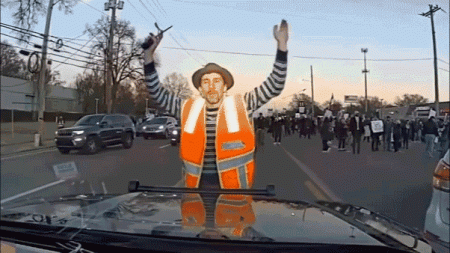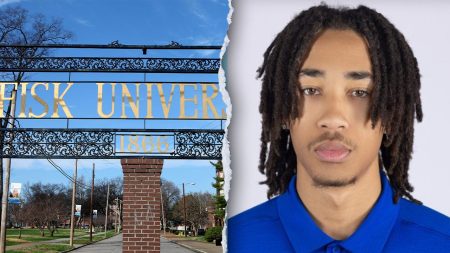Hope and Concern: Muslims React to Islamophobia Following Mamdani’s Nomination
In the wake of Zohran Mamdani securing the Democratic nomination for New York City mayor, a troubling wave of Islamophobic comments has emerged across social media and public discourse. These derogatory remarks, targeting Mamdani’s Muslim faith and background, have created a complex emotional landscape for Muslim New Yorkers who find themselves simultaneously celebrating a historic political breakthrough while bracing for potential backlash. Community leaders note that while Mamdani’s nomination represents significant progress for Muslim political representation, the ensuing bigotry serves as a painful reminder of persistent prejudice in American society, even in one of the nation’s most diverse cities.
Muslim community members across the five boroughs express a cautious optimism about Mamdani’s nomination, viewing it as an important milestone in their decades-long struggle for political inclusion and representation. Many recall the heightened discrimination and surveillance Muslims faced after 9/11, contrasting that era with the current possibility of having a Muslim mayor leading America’s largest city. This potential shift symbolizes how far Muslim Americans have come in their journey toward fuller political participation, despite ongoing challenges. Young Muslims in particular describe feeling inspired by seeing someone who shares their faith reaching such political prominence, though this inspiration comes paired with anxiety about increased scrutiny of their communities.
The Islamophobic rhetoric surrounding Mamdani’s nomination has taken various forms, from explicit religious bigotry to more subtle forms of othering. Some critics have questioned his loyalties to America, invoked stereotypes about terrorism, or suggested that a Muslim mayor would somehow transform New York into something unrecognizable. These tropes are painfully familiar to Muslim Americans who have long confronted similar accusations that cast them as perpetually foreign regardless of citizenship status or generational ties to the United States. Community advocates point out that this rhetoric doesn’t exist in isolation but connects to broader national patterns of Islamophobia that have intensified during certain political cycles and international conflicts.
For many Muslim New Yorkers, the mixed response to Mamdani’s nomination reflects their complicated relationship with political visibility. While representation in high office offers validation and potential policy benefits, it also invites heightened scrutiny and sometimes backlash. Muslim community leaders describe walking a tightrope between encouraging political engagement and preparing their communities for potential negative reactions. Some mosques have increased security measures in response to hateful online rhetoric, while Muslim parents report having difficult conversations with their children about navigating potential discrimination. Despite these challenges, many express determination to support Mamdani’s campaign while working to counter misinformation about Islam.
The situation has prompted broader reflection among diverse New Yorkers about the state of religious tolerance in their city. Interfaith leaders have organized solidarity events, and some non-Muslim community figures have publicly denounced the Islamophobic comments directed at Mamdani. These responses highlight how the treatment of Muslim candidates touches on fundamental questions about American democracy and who is accepted as fully American. Political analysts note that New York City’s response to this moment could set an important precedent for how other diverse American cities navigate similar situations as Muslim political representation continues to grow nationwide.
Looking ahead to the general election, Muslim community members express hope that policy substance will ultimately overshadow religious identity in voters’ decisions. Many emphasize that while Mamdani’s potential election would be historic for Muslim Americans, his governance would ultimately be judged on addressing the pressing concerns affecting all New Yorkers—from affordable housing to public safety to economic opportunity. This sentiment reflects a desire among many Muslim Americans to be seen as full participants in civic life rather than defined solely by their religious identity. As one community leader put it, “We dream of a day when a candidate’s Muslim faith is noted but not newsworthy—when we’ve moved beyond both discrimination and tokenism toward true belonging.”








